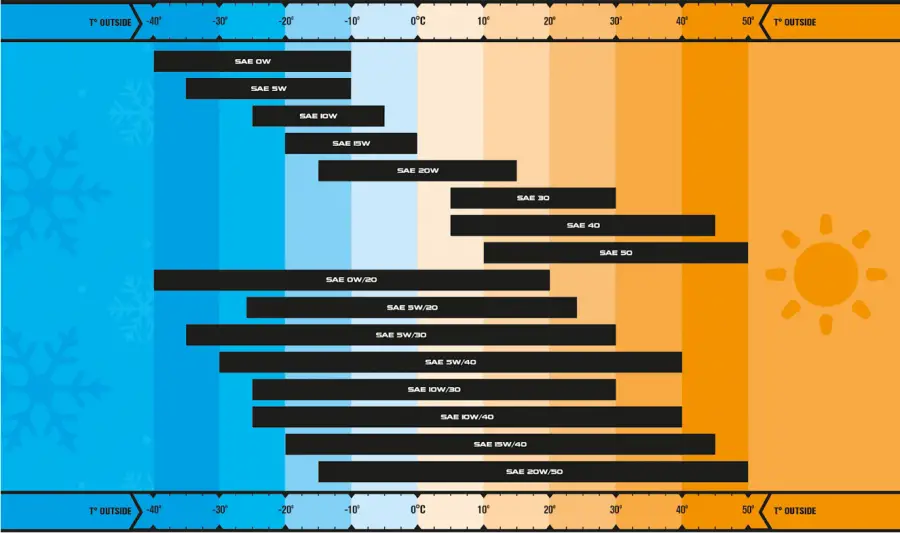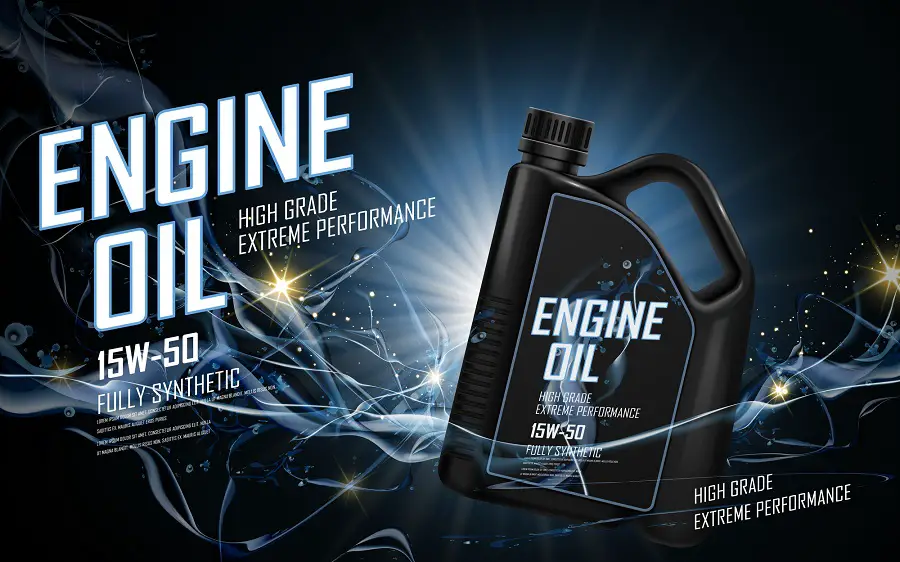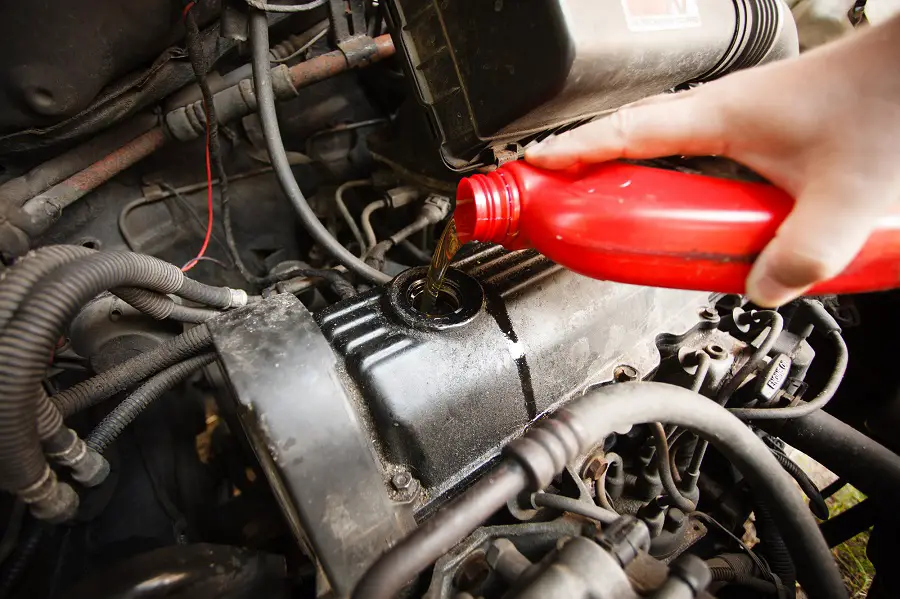I’ve had to rely on multiple vehicles to get my transport job done, and very few things are as confusing as sorting out what type of motor oils are better for an aging engine. When it comes to 5w30 vs. 10w30, there are a couple of different factors that will determine which of these two is best for you.
The Short Answer
For the working vehicle, 10w30 is best. I’ve spent decades hauling cargo, and I was lucky enough to avoid doing most of it in frigid conditions. 5w30 is better suited for lighter-duty engines and can handle a slightly wider range of temperatures thanks to the viscosity differential.
Important Questions to Ask
There are plenty of comparisons to draw when looking at 5w30 vs. 10w30 oil. The main difference between these two multigrade oils is in their viscosity. The bigger numbers mean it’s thicker, so newer engines will likely have a harder time using the more viscous stuff. There are two numbers to show what the viscosity is at low temperatures, and then at high temperatures. Here are some questions I would want to ask if I were you.
1. Is 5w30 or 10w30 Good for High Mileage?
Which oil is better 5w20 or 10w30 for high mileage? Over the lifetime of an engine, your vehicle is going to be dealing with problems like friction damage, weird sounds coming from nowhere, and eventually serious issues like blowby or cylinder slap. The right oil isn’t going to change that entirely, but it’ll help. Both 5w30 and 10w30 should perform the same for your high mileage engine under most conditions. The big exception to that is thanks to the viscosity difference I mentioned earlier. Studies indicate that most engine wear and tear happens during cold times of the year. Since 5w30 performs better in the cold than 10w30, it’ll be a bit easier on your engine in the long run.
High-mileage variants of differently weighted motor oils are common. Brands are more geared towards advertising the sealant and other ingredient differences than the viscosity. It can prevent leaks from starting and is often a bit more viscous than the standard variety. Is 10w30 good for high mileage? I’d keep in mind that this is dependent on where you live. If you live in a cold climate, the answer is no. But being in a hot climate that gets to avoid cold starts will eliminate most of this disadvantage. As the average cost of owning a vehicle continues to go up, I’d say familiarizing yourself with how you’ll be driving daily will make decisions like buying motor oil much easier.
2. How long do 5w30 and 10w30 Last?
As with most motor oils, it’s normal for a bit of the stuff to get eaten by the vehicle between changes. The biggest determining factor for oil longevity is the types of miles you put down with your vehicle. The harder they are, that means more short trips with little time to warm up, the shorter motor oil will last. I’d expect to change oil every 5,000 to 7,500 miles, especially as these are not full-synthetic oils. If you took the same driving conditions for two vehicles that were practically identical, but one had 5w30 and the other 10w30, you wouldn’t notice much of a difference in longevity.
How long does 10w30 oil last? Again, the time it takes for an oil change to come due is related to conditions. With a vehicle that has to haul cargo, for example, you’d end up changing oil faster if you were using 5w30. The opposite is true if you were driving in cold climates, where 10w30 wouldn’t last you as long.
3. Which Motor Oil Is Better for Hot and Cold Weather?
The 5w30 motor oil will fit a slightly larger number of temperatures than the 10w30 will. It’s graded to work from a range of -35 degrees Celsius up to 30 degrees Celsius. 10w30 functions properly from -25 degrees Celsius to the same upper limit of 30 degrees Celsius.
I’ll also throw in that some mechanics have recommended I use thicker oil during the summer and in hotter areas. The 10w30 might function better for your vehicle in places with a higher average temperature, but that depends on your vehicle specifications as well.
While you can still use 10w30 in the winter months, it’s going to be harder on your vehicle overall. You’ll end up going in for a change much faster, but it can still be worth it in some edge cases, like making particularly long trips hauling heavy stuff. You can also keep using 5w30 in the summer, as even with thicker oil generally being recommended for hot times of the year, the grading certifies it’ll hold up just fine.
This chart sums up what to expect based on your motor oil classification. Such classification provides a way to designate its grading by the Society of Automotive Engineers. This information lets us know what oil viscosity to expect when we start up our vehicles in different temperatures. In general, you can tell what an oil’s viscosity is in winter by whatever is before the “W.” The number after the W is what you can expect under more average conditions.

4. Is There a Better Weight Alternative to These Two?
This question is all about where you live and what type of vehicle you have. As a good rule of thumb, you should always start out using the motor oil viscosity that’s recommended to you by your car’s manufacturer. They know it the best.
Climate factors are the next most important thing in your decision. Thinner oils are overall becoming more common with modern engines that run on multiple-viscosity oils. Synthetic varieties will likely overtake many others, considering some vehicles can get near 15,000 miles between changes with them.
All these things considered, the more you use your vehicle for heavy-duty tasks, the thicker your oil will probably be, with most engines working best with low-weight motor oils. On average, a current vehicle should be able to accept a variety of motor oils, and if you aren’t satisfied with your current performance, make a note to talk to a mechanic about the best alternative.





